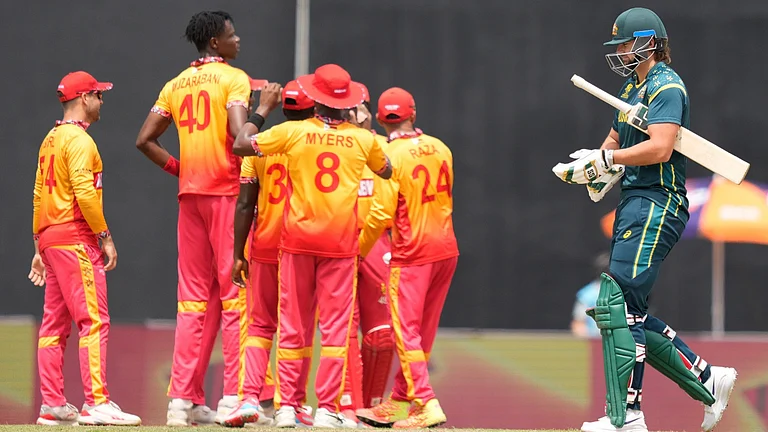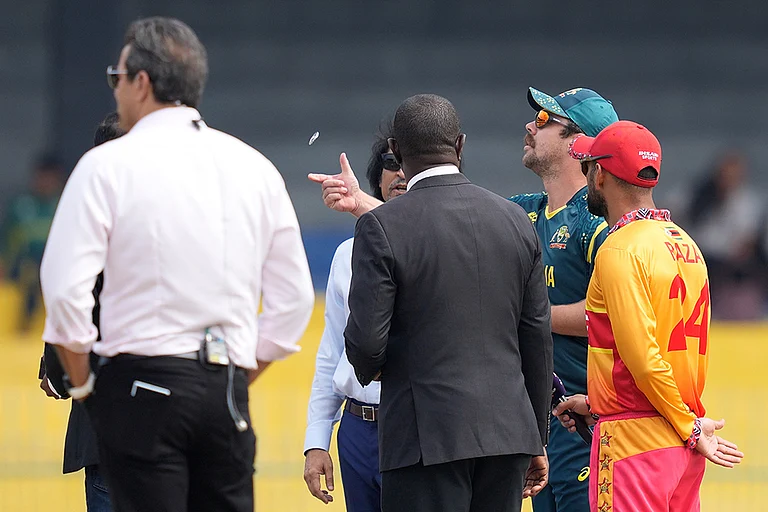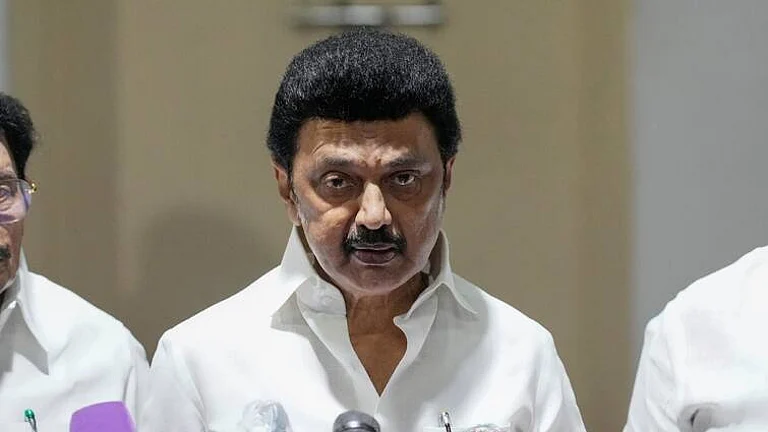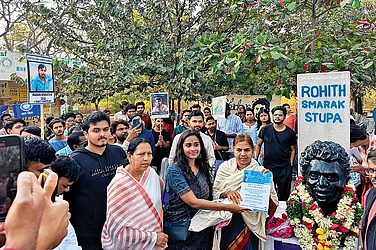The Delhi government's odd-even car rationing scheme to curb air pollution Tuesday came under scrutiny by the Supreme Court which questioned its effectiveness and termed it "all optics".
During the proceedings related to severe air pollution in the Delhi-National Capital Region (NCR), the Supreme Court inquired with the Delhi government's counsel about the effectiveness of the odd-even scheme during its prior implementation.
"These are all optics, this is the problem," a bench of Justices Sanjay Kishan Kaul and Sudhanshu Dhulia observed.
The court's statement follows the Delhi government's recent declaration to introduce the odd-even car rationing scheme from November 13, one day post-Diwali, a time when pollution levels are expected to increase significantly.
The Supreme Court has been handling a plea initiated in 1985 by environmentalist M C Mehta concerning air pollution. The concern of crop residue burning emerged during the course of this hearing.
Subsequent to the hearing on Tuesday, Delhi's Environment Minister, Gopal Rai, conveyed that the city administration would consider the Supreme Court's instructions on pollution as they finalize the details of the odd-even car rationing scheme.
Amid a spike in air pollution in Delhi-NCR, the Supreme Court has directed Punjab, Haryana, Uttar Pradesh and Rajasthan to ensure crop residue burning was stopped "forthwith", saying it cannot let "people die" due to pollution.
The bench also directed the Delhi government to ensure that municipal solid waste was not burnt in the open.
As the city's air quality worsened, the minister had on Monday announced that the odd-even scheme will be enforced in the city from November 13 to 20.
"The odd-even scheme will come into effect in Delhi after Diwali, running from November 13 to November 20. A decision to extend the scheme will be made after November 20," the minister had told a press meet here.
Introduced in 2016, the odd-even car rationing scheme permits cars to operate on alternate days based on their odd or even number plates. The enforcement next week would mark the fourth time that the Delhi government will implement this scheme to tackle pollution caused by vehicles.
According to a 2018 study conducted by The Energy and Resources Institute, vehicular emissions contribute roughly 40 per cent to the (particulate matter) PM 2.5 pollution in the capital.


























